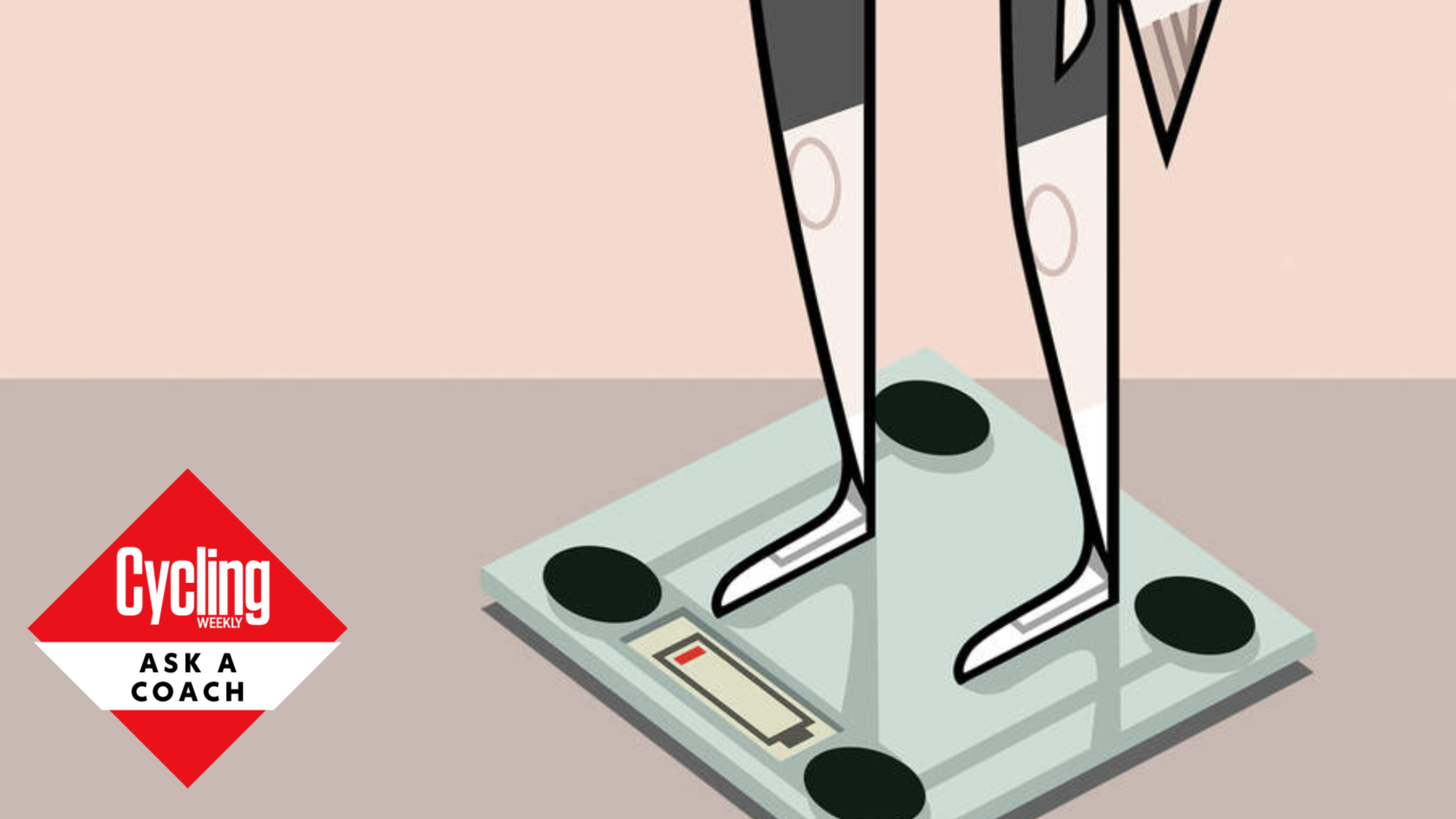
Losing weight is often on the agenda for many cyclists, particularly people who get into cycling for its general health benefits. Both amateur and professional cyclists can often be eager for a healthy weight loss, whilst trying to optimize performance by increasing their power-to-weight ratio.
In this article, cycling coach Alex Welburn will investigate whether an optimal workout for weight loss exists, whilst also delving into other factors worthy of consideration and exploring additional aspects that deserve attention.
What training sessions should I do if I want to lose weight?
To put it straight, one single session is not going to improve weight loss on its own. Just like one single session isn’t going to improve your threshold power. One of the main things in terms of ‘training sessions’ is consistency. You want weight loss to be gradual and healthy, so we are talking weeks and months, which requires consistency. The NHS recommends a healthy weight loss rate of 1-3kg per month.
If your aim is to lose weight, there are a few things you should look at. One is overall intake, and the other is the amount of training you do. Ultimately, weight loss is about being in deficit, but by doing something small and manageable, you can manipulate this by intake and exercise.
What about Fatmax?
Fatmax is a term that’s often used. There is an intensity in which you will achieve your greatest fat utilization, but this isn’t just a case of exercising at a set percentage, it is different for everyone. Factors that influence this include how well-trained you are, your diet within the last 48 hours, etc. On average it happens at about 65% of maximal heart rate, but this can range from 50-80% which is a large window. So, having a common range to prescribe can be problematic.
Yes, you could ride for 60-90 minutes at this intensity and let's say you utilize fat 0.5 g/min this is 30-45g in total. However, you might get bored unless you do this as a longer endurance ride. In terms of total energy expenditure and performance improvement, you would likely be better off completing a normal training session because you want to maximize overall energy expenditure.
You may want to include some more Zone 3 work, with some longer intervals, such as 3 x 20 minutes within a 90-minute session. This is one of my favorite winter training sessions
If you are short on time you could up the intensity a little bit more on your endurance by adding in a bit more Zone 2 and Zone 3 work.
What simple advice would you give?
If you are consistently in a surplus, you will gain weight and if you are in a deficit, you will lose weight. You will have day-to-day fluctuations and so try to look at it more from a week-to-week and month-to-month view. This is where consistency does make a difference, not just in performance improvements but also in weight loss.
Take a look at how your intake changes with your training, do you eat more than you need to on your rest days when exercise is very little?
Where do people often make mistakes?
When weight loss is at the forefront, many will look to reduce their intake to try and be in a deficit rather than a surplus.
But often the first place people try to reduce calories is either on the bike or pre- and post-cycling. This can lead to a compromised training session, you may hit that horrible bonking sensation, and you may not be able to hit the quality of your intervals simply because you are under fuelled. Long-term as well this can lead to more frequent colds/illness due to a compromised immune system.
I think it is also important to highlight that not all weight loss is beneficial. Often those in search of increasing that power-to-weight ratio set their focus just on losing weight finding themselves underperforming and feeling worse on the bike, largely due to underfuelling. This is where I advise athletes to fuel for the work required and ideally consult with a sports nutritionist.
Take home
Try to keep things simple, don’t compromise your training sessions. Small deficits week on week will see progressive and consistent change in weight loss. At the end of the day, I want healthy and happy athletes!
As always, a guide from a qualified sports nutritionist is advised, they can help educate and inform you of best practices to ensure you are fuelling optimally for performance so that weight loss does not compromise your training while allowing you to lose that weight. Nutrition apps can also help.







